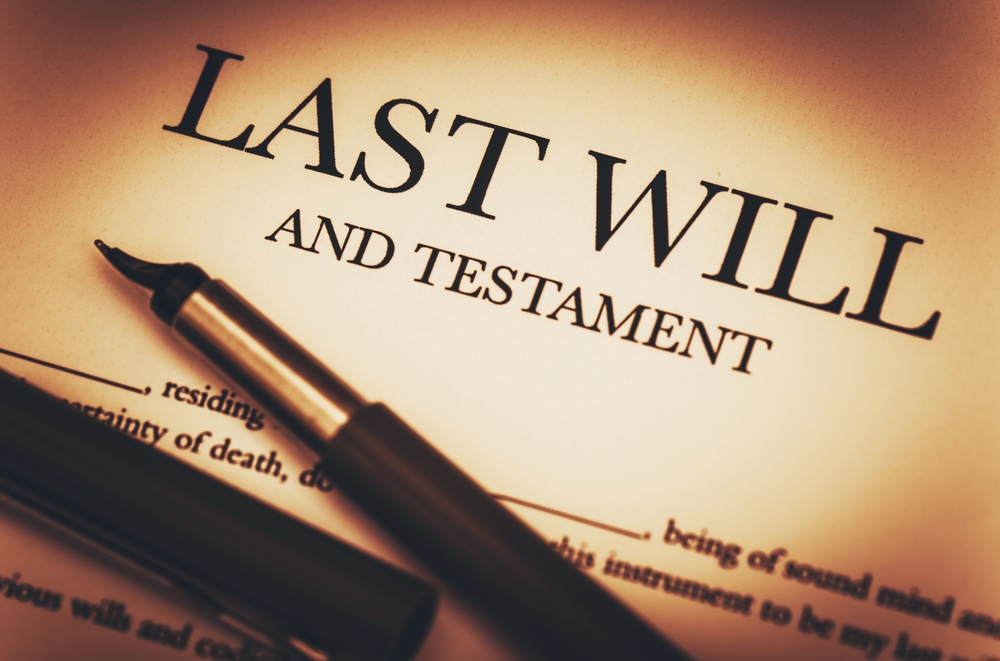“I Feel Like You’re Not Hearing Me”
{4 minutes to read} My guess is that many mediators occasionally hear this in one form or another. Why is that? Is it because the mediator isn’t carefully listening? Do the parties and/or attorneys not fully understand the process and therefore have unmet expectations from the mediator? Some combination of the two? Or something else altogether?
In my experience, a party or attorney stating such a concern is usually expressing frustration that the mediation isn’t heading in the direction they want. If it were, the other side certainly would have given in by now, and the case would be over.
The success of any mediation hinges on trust—trust in the process and, most critically, trust in the mediator’s impartiality and attentiveness. However, when a party or their attorney believes the mediator is not truly hearing their concerns, significant difficulties can arise, threatening the integrity and effectiveness of the entire process.
What should the mediator do? And what should a party or an attorney do? There can be a delicate dance of sorts that goes on in any mediation. People don’t want to antagonize the mediator, whom they want to push for a favorable result. But they also want to know their position is being presented with full force. If a party feels their voice is being ignored or diminished, they may withdraw from active participation, become defensive, or even escalate their emotional responses. A once constructive atmosphere can devolve into adversarial tension. This not only delays progress but also undermines the mediator’s efforts to guide the discussion toward resolution.
And what about the mediator? In the abstract at least, they are supposed to be above it all, not invested in an outcome, nor wanting to be manipulated by the litigants or their counsel. Do mediators flinch when a party accuses them of not listening or failing to convincingly put forth their position to the other side? Or giving too much credibility to the other side’s positions? Sometimes, people blame the messenger and want to know you’re on their side. Whatever the bubble over the mediator’s head says (These people are just jerks…. I already told them twice….), the mediator needs to put ego aside and address the accusation.
There can be many facts and positions to keep straight during any mediation. Positions can change. New facts can emerge. Sometimes facts can even change upon further exploration. The beliefs of a participant, even if considered off base, need to be understood and responded to in a way that makes it clear the mediator has heard them. They reflect some aspect of the process. Here is where some basic reframing may be helpful. “So in other words, what you are saying is….” One doesn’t know what the response to this will be, but it may confirm a party’s position or it may force some modification of it. And of course, the mediator may have indeed missed or misunderstood something.
Regardless of the cause, it is crucial to set aside personal feelings and discuss the issues of the perceived slight. That will help restore faith in the mediator and in the process. Only then can the mediation proceed toward a successful resolution.
 |
Gary Shaffer Shaffer MediationGary@ShafferMediation.com |








